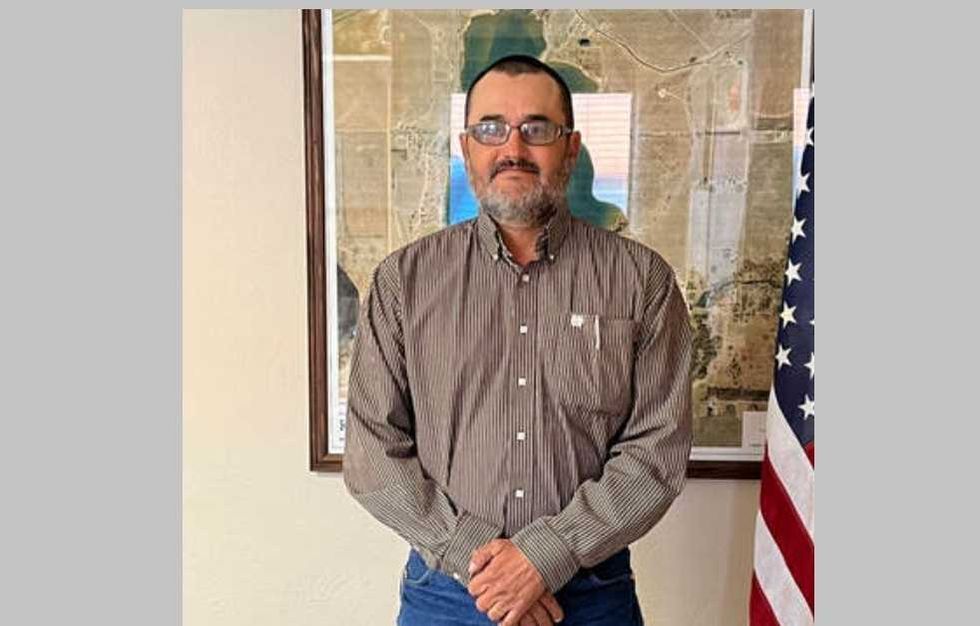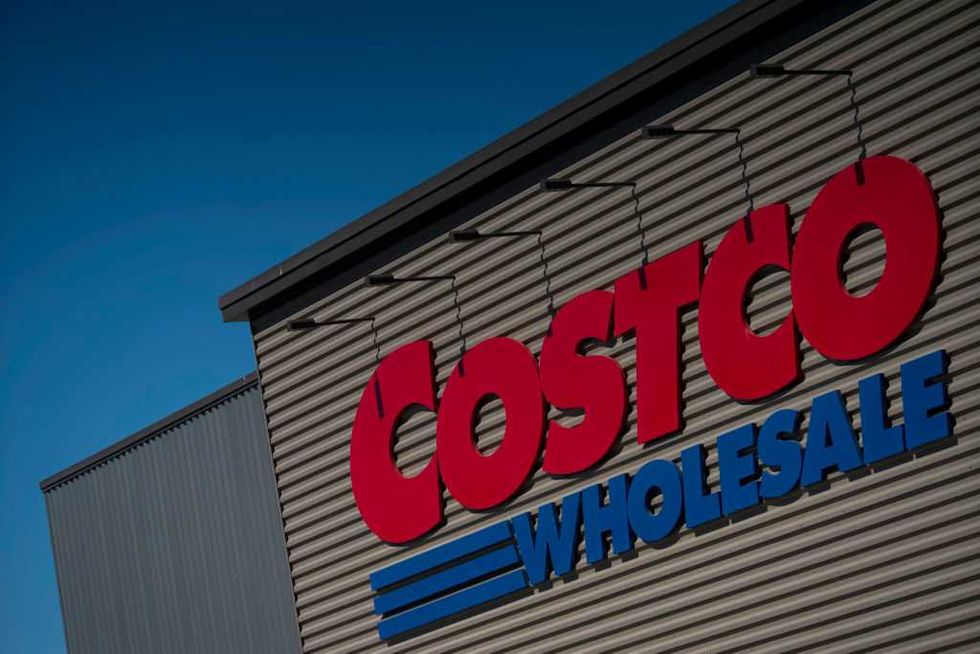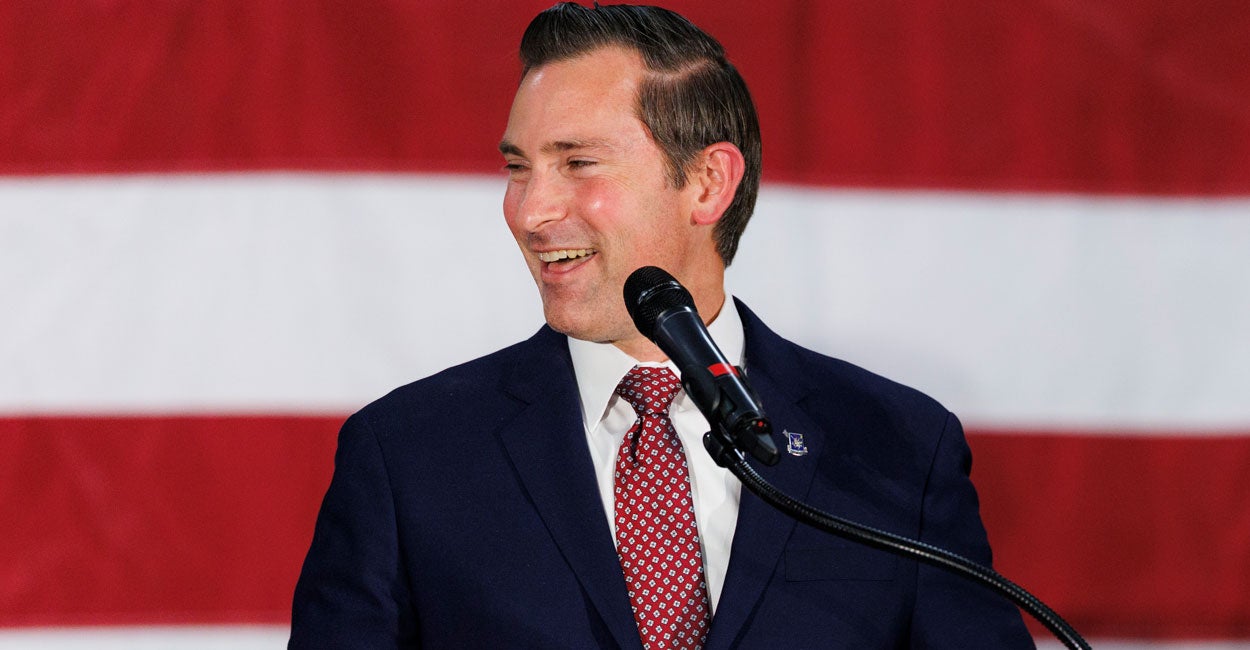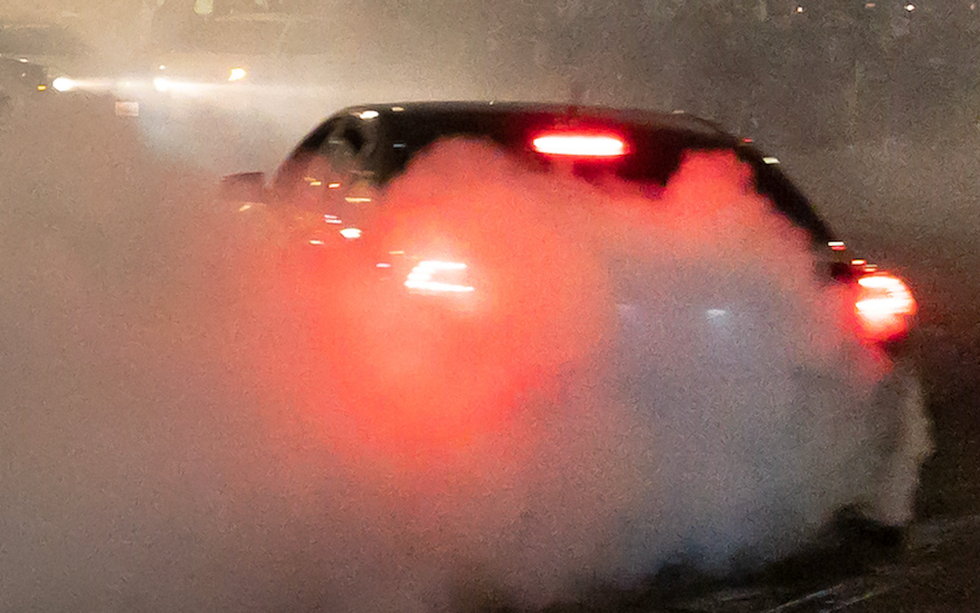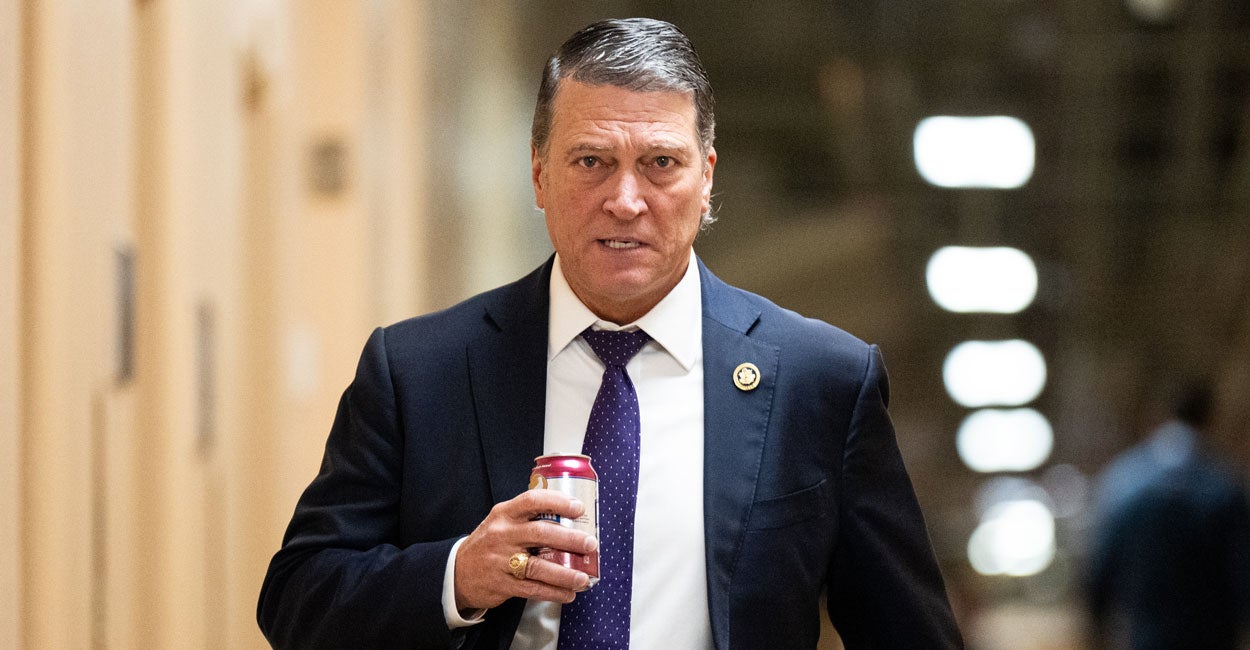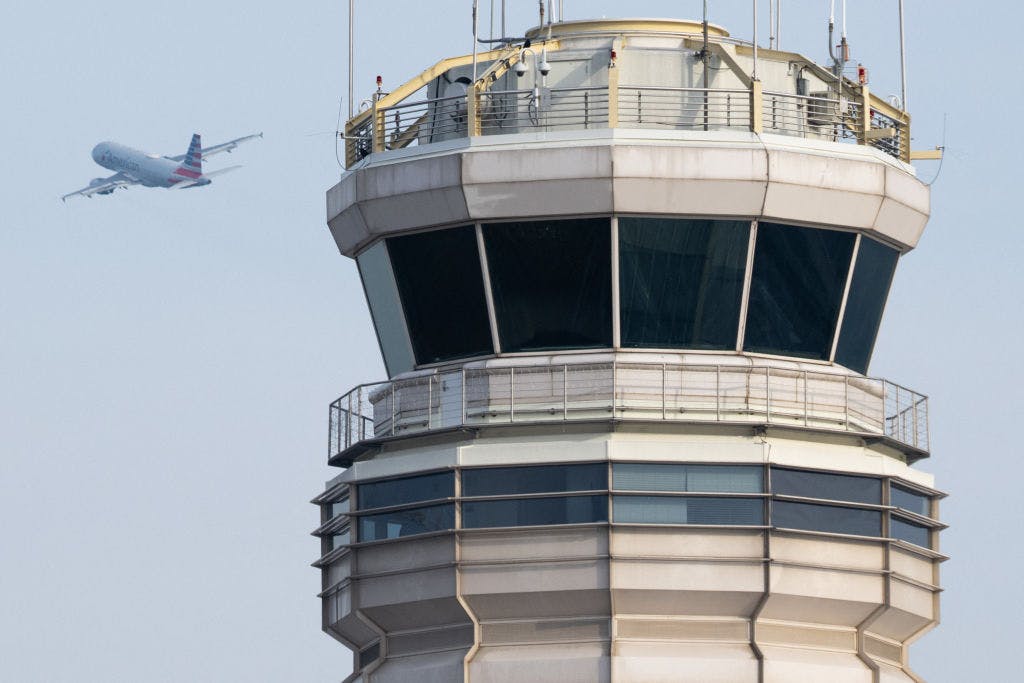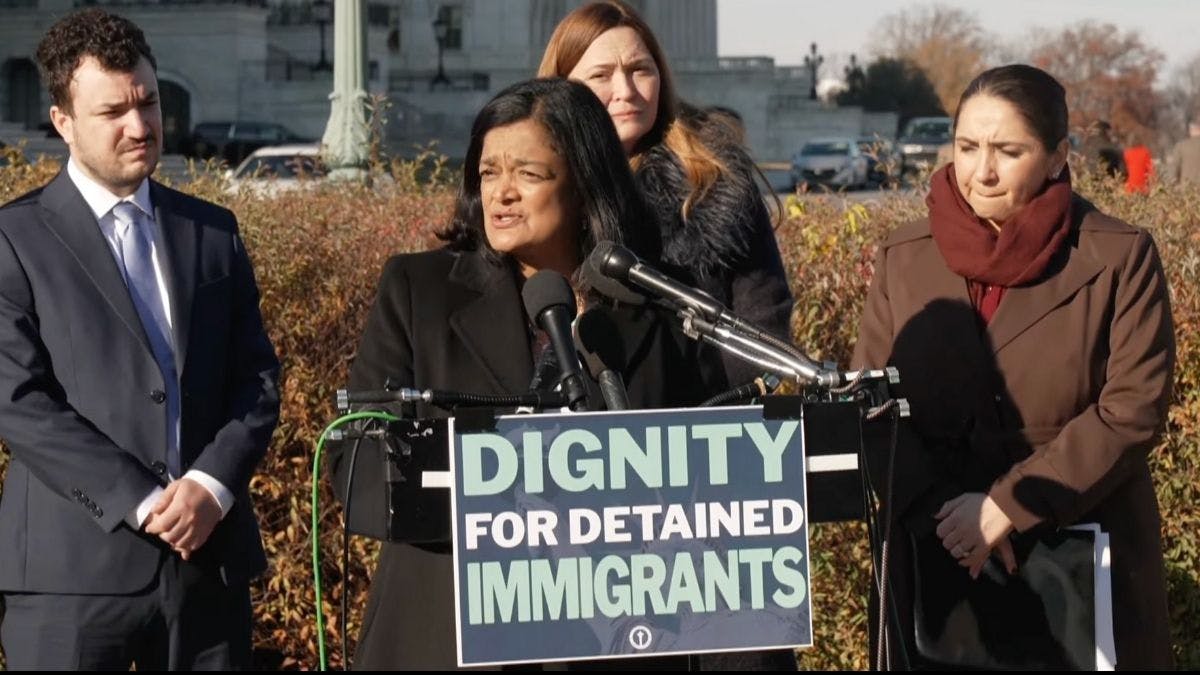Canada's solution to reliance on US? Increasing commitments in Europe
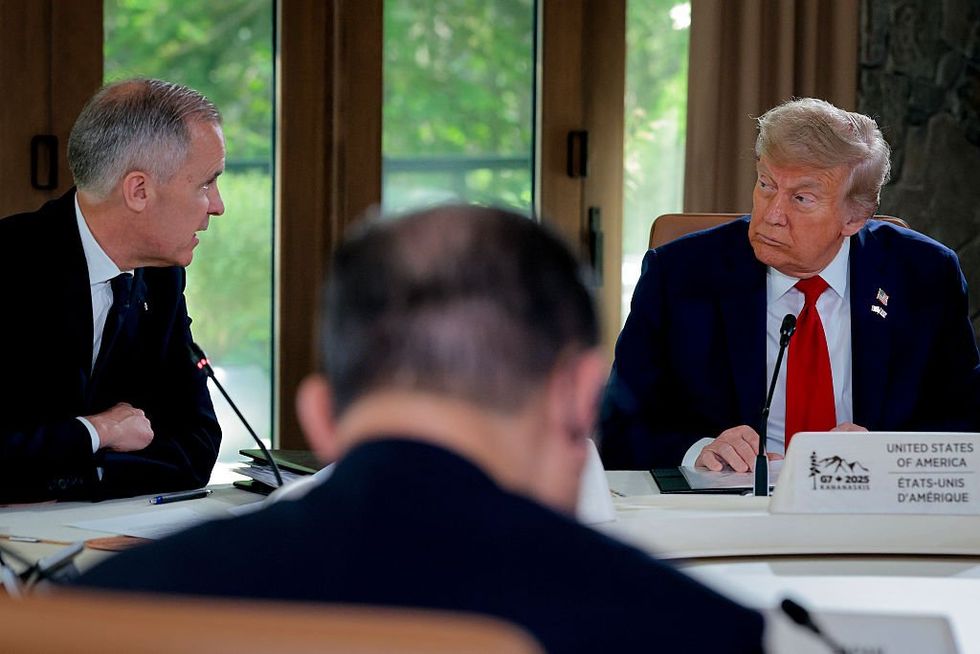
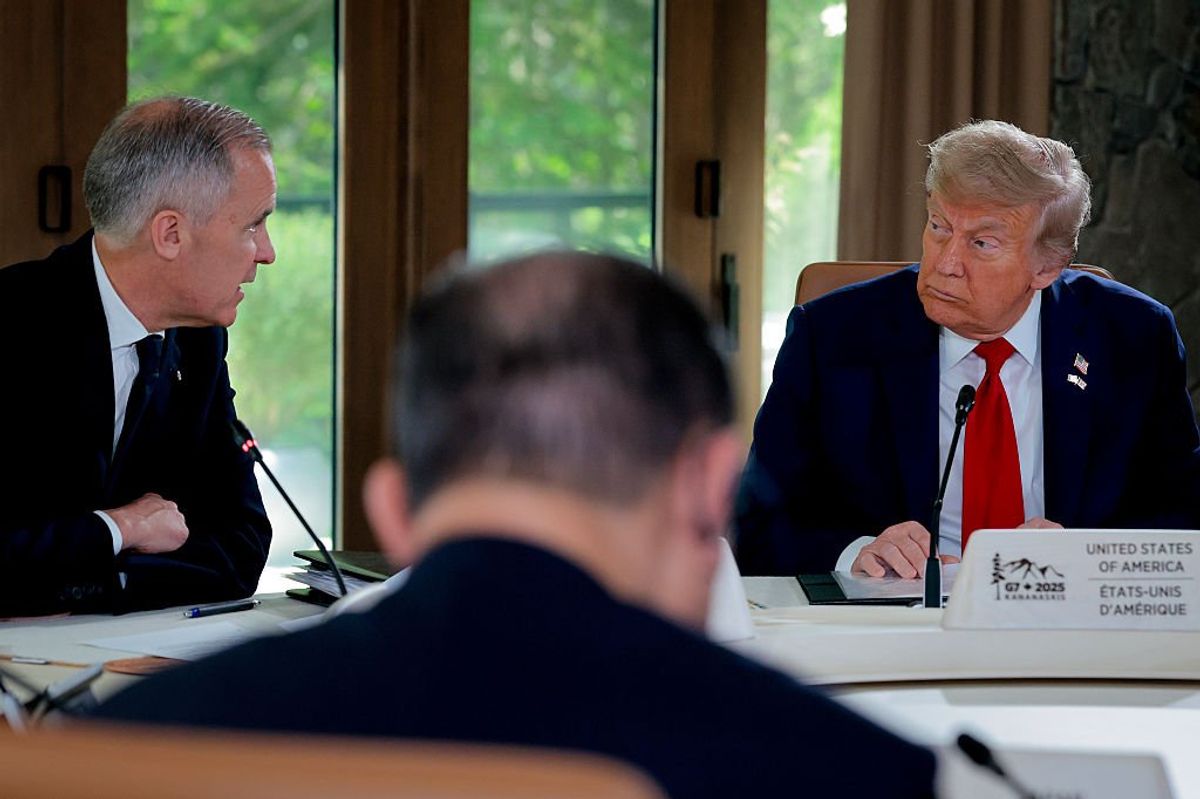
If Donald Trump's "51st state" cracks have gotten under Mark Carney's skin, he wasn't showing it when he kicked off the G7 summit Monday.
Sitting next to the American president, Canada's prime minister played the consummate host, with conciliatory remarks stressing how much the participant nations have in common.
'We are actively seeking to strengthen transatlantic security, particularly by becoming a participant in rearming Europe.'
"All of us around this table are reinforcing our militaries and security services for the new world," he said. "But we all know that there can be no security without economic prosperity, and no prosperity without resilience. And ... that resilience comes from cooperation, cooperation that starts around this table."
Two-percenter
Still, Carney has lately made it clear that he'd like to place some distance between him and his tablemate. Last week, he pledged that the country would boost defense spending to the tune of an additional $9.3 billion this year in order to be less "reliant" on the protection of its big brother to the south.
Carney's increase would bring Canada's defense spending in line with NATO's benchmark of 2% of GDP for the first time since NATO established the benchmark in 2006. In the last two decades, Canada has rarely exceeded 1.5% and has usually hovered around 1%.
The last time Canada's defense spending met the 2% threshold was in 1987, when former Prime Minister Brian Mulroney sought to rebuild Canada’s military. At the height of the Cold War in the 1950s and 1960s, Canada was spending well over 4% of its GDP on national defense.
But will Canadians actually benefit from Carney’s spending spree?
RELATED: Listen up, America: Everything you've been told about Canada is a lie
 Lillian Suwanrumpha/Dave Chan/Toronto Star/NurPhoto/Bloomberg/André Ringuette/Douglas Elbinger/Getty Images
Lillian Suwanrumpha/Dave Chan/Toronto Star/NurPhoto/Bloomberg/André Ringuette/Douglas Elbinger/Getty Images
'Deep decline'
In his announcement last Monday, Carney was typically vague about where the money will go, while hinting that Canada is on the market for new military allies and relationships:
Canada can work towards a new international set of partnerships that are more secure, prosperous, just, and free. We can pursue deeper alliances with stable democracies who share our interests, values, principles, and history, and we can help create a new era of integration between like-minded partners that maximizes mutual support over mutual dependency.
On one point, Carney was blunt: The Canadian Armed Forces are a military in deep decline. "Our military infrastructure and equipment have aged, hindering our military preparedness,” he said. “I'll give an example or two: Only one of our four submarines is seaworthy. Less than half our maritime fleet and land vehicles are operational."
Continental affair
So where are these "like-minded partners" who will help Canada get back into fighting shape? Not on this side of the Atlantic. Carney has openly mused about Canada becoming a member of the European Union and contributing to its defense force, and this looks like a big step in that direction.
Does this mean that Carney will join European leaders like U.K. Prime Minister Keir Starmer and French President Emmanuel Macron in providing missiles to Ukraine for its war with Russia? Is that how he plans to spend Canadian tax dollars? It might not seem like a good deal to Canadians.
Last month, however, Carney expressed his intention for Canada to join ReArm Europe, a major European defense buildup. He has also continued his predecessor Justin Trudeau's policy of sending billions of dollars in military and civil aid to Ukraine, even though the country is on the brink of defeat.
Carney said:
We are actively seeking to strengthen transatlantic security, particularly by becoming a participant in ReArm Europe. This will help diversify our military suppliers with reliable European partners and integrate the Canadian defense industry as full participants in 150 billion euros of Europe's rearmament program.
To these ends, the Canada EU summit later this month will be more important than ever, and Canada will arrive at this summit with a plan to lead with new investments to build our strength in service of our values. This will include our support for new NATO defense industrial pledge, which will be negotiated at the NATO summit.
'Blank check' from Pierre
At a news conference on Monday, Conservative Party leader Pierre Poilievre essentially gave Carney a blank check and promised his support to help the liberals achieve the military spending target.
“After a decade of liberal cuts, mismanagement, and back-office bureaucracy of boondoggles and wasted money on bungled projects, our military has never been weaker," said Poilievre.
"Now, more than ever, we need a strong military that will reassert our sovereignty in the north, take back control of our Arctic waters," Poilevre added, noting that he wanted to fight the increasingly woke policies that have infected Canada’s military and bring back the “warrior culture.”
But he stood shoulder to shoulder with Carney on spending. “We support getting back to the 2% target as soon as possible, and we will support additional money for our military,” Poilievre said, even as he promised to ferret out “waste in bureaucracy, consultants, foreign aid, corporate welfare, and other areas.”
Despite his tough talk, Poilievre admitted he had yet to see the Liberal government's budget for the increased spending.
Originally Published at Daily Wire, Daily Signal, or The Blaze
What's Your Reaction?
 Like
0
Like
0
 Dislike
0
Dislike
0
 Love
0
Love
0
 Funny
0
Funny
0
 Angry
0
Angry
0
 Sad
0
Sad
0
 Wow
0
Wow
0
